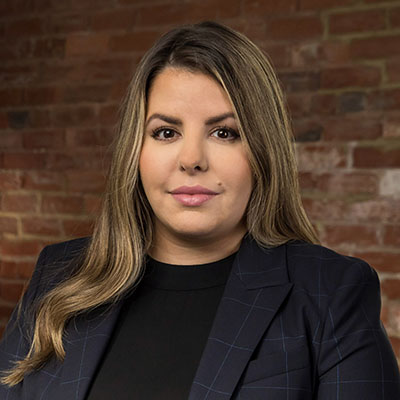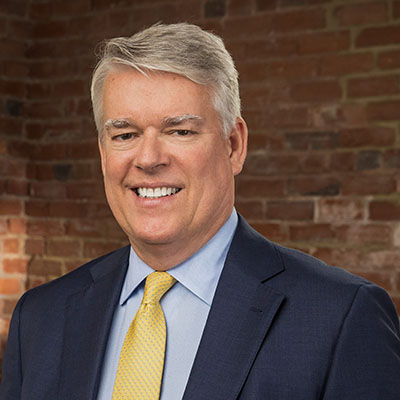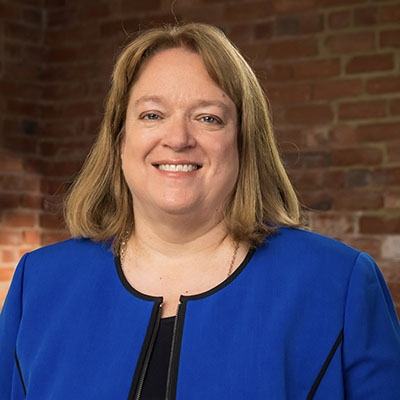As a personal injury case progresses, it may accumulate liens that need to be paid back once the case is over. There are many different types of potential liens with the ability to affect a case.

It is not always the case that a plaintiff will keep the entirety of their settlement.
What are liens?
A lien simply a legal right against another’s property. In the context of an auto collision, a lien is a right against the money recovered in a personal injury claim—i.e. a creditor that must be paid back.
What types of liens are there?
In Virginia, there are several categories of liens that can be asserted against a personal injury claim—health care providers, health insurance companies, government health insurance, worker’s compensation, and private loan companies, among others.
Health Care Providers:
Health care providers, like hospitals and doctor’s offices, may assert liens against personal injury proceeds for unpaid medical bills related to the collision. However, the amounts are strictly limited and shall not exceed:
- $ 2,500 in the case of a hospital or nursing home,
- $ 750 for each physician, nurse, physical therapist, or pharmacy, and
- $ 200 for each emergency medical services agency providing emergency medical services or emergency medical services vehicle transportation
Health Insurance:
- Private Health Insurance Company
In Virginia, certain private health insurance companies may also be entitled to liens against personal injury claims. It depends on what type of health plan you may have.
Virginia, in an effort to help personal injury victims, enacted what’s known as an anti-subrogation statute. That means that in Virginia health insurance companies that pay money on behalf of individuals injured in auto collisions are not entitled to their money back when an injured individual recovers money for their case. However, certain health insurance plans are exempt from this law because of a federal law known as ERISA (Employees Retirement Income Security Act). Health insurance plans that are known as self-funded ERISA plans are entitled to reimbursement and can assert liens against personal injury recoveries.
- Medicare
Medicare is government-run health insurance for individuals over 65 and certain disabled individuals. Medicare is funded by the federal government and the government has enacted federal law that ensures it gets its money back any time it pays for medical care and the injured individual recovers some money from the at-fault driver or their insurance company.
- Tricare
Tricare is insurance for those in the military and their families both during active duty and after retirement. Tricare is funded through the federal government so, like Medicare, the federal government is entitled to its money back for any funds they paid to help treat individuals on Tricare plans.
Often individuals with Tricare insurance will be treated on bases rather than with private health care providers. As a result, Tricare is able to better control the costs of medical care for its recipients. Therefore, the reimbursement rates of providers will typically be lower than private health insurance companies, keeping the lien rates low.
- Medicaid
Medicaid, similar to Medicare, is a government-run health insurance program. Medicaid is funded by the federal government but administered by individual states. Additionally, because different states have different priorities and can add additional funds to the program, there are usually several insurance options within the overall Medicaid insurance framework for citizens. For example, some programs are run through a private company. Others are run directly through Medicaid.
Like the federal government, state-run Medicaid programs are entitled to their money back for any funds they disbursed to help treat their insureds.
However, Medicaid typically has the lowest reimbursement rates for health care providers. That means that the liens asserted against personal injury claims tend to be lower for Medicaid recipients than Medicare or private health insurance recipients.
Worker’s Compensation:
Worker’s compensation only applies to cases in which an individual is injured on the job and worker’s compensation insurance pays for at least some portion of the injured person’s medical care or lost wages related to the accident. If that happens, the insurance plan may recover its costs.
Pre-Settlement Personal Injury Loans:
Automobile collisions can be expensive and burdensome. Even with auto and health insurance, bills can pile up. There are many companies across Virginia and the country that offer pre-settlement “advances.” These are loans against your personal injury claims and must be paid back directly from your settlement or verdict. These loans tend to have unfavorable terms including very high interest rates as high or higher than typical credit card interest rates. If possible, these loans should be avoided for that reason.
Ask your attorney if there are other financing options for you before taking on one of these loans. Options may include medical payments benefits from either your personal auto insurance policy, a family member’s auto insurance policy, or a commercial insurance policy.
The attorneys at Allen & Allen have over 600 years of combined personal injury law experience. If you have been injured through no fault of your own, call us today for your free case consultation.




